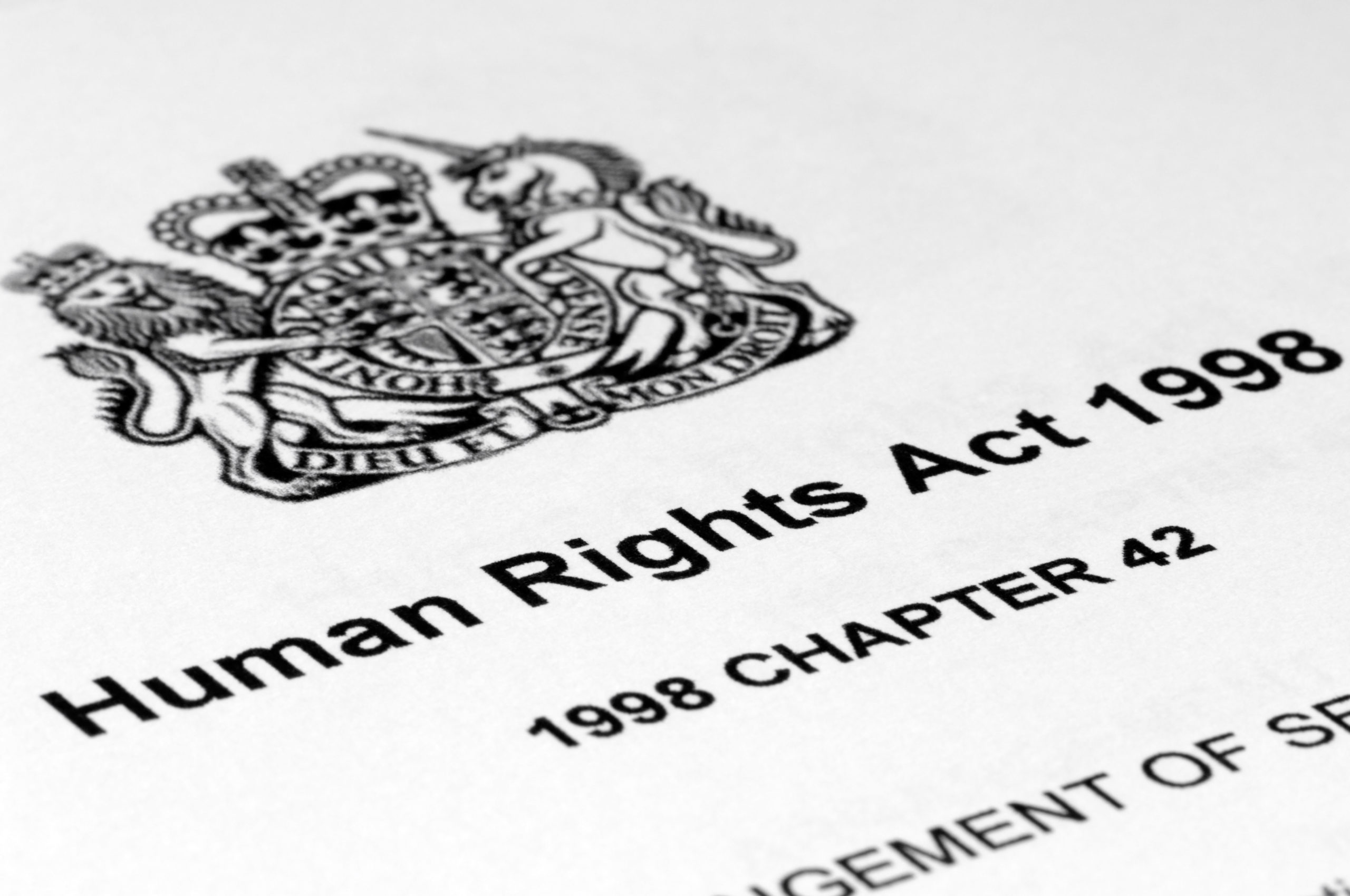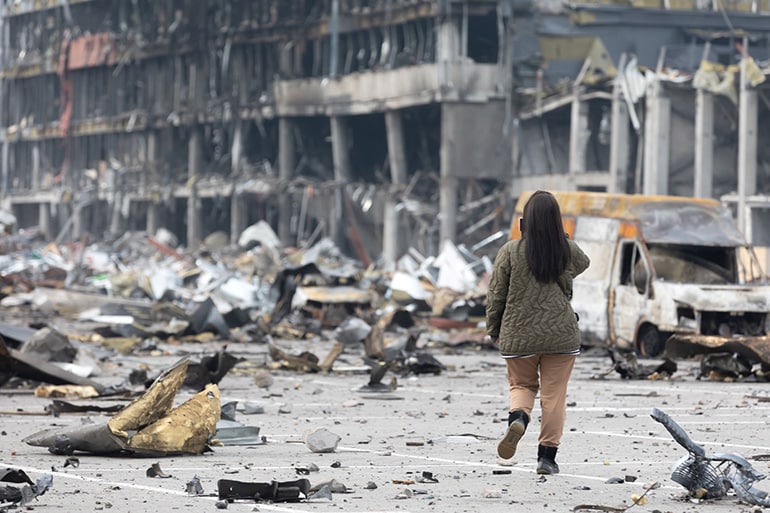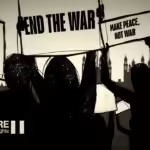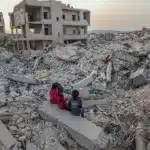December 2018
Report PDF: Civilian Activists under Threat [PDF]
Civilian activists in Iraq are facing arbitrary detention, torture and premeditated assassinations, including at the hands of Shi’a militia members of the Popular Mobilization Forces (PMF), reports a new bulletin published today by the Ceasefire Centre for Civilian Rights and Minority Rights Group International. Hundreds of human rights defenders have been detained and mistreated, and scores have been killed.
Report PDF: Civilian Activists under Threat [PDF]
Civilian activists in Iraq are facing arbitrary detention, torture and premeditated assassinations, including at the hands of Shi’a militia members of the Popular Mobilization Forces (PMF), reports a new bulletin published today by the Ceasefire Centre for Civilian Rights and Minority Rights Group International. Hundreds of human rights defenders have been detained and mistreated, and scores have been killed
Drawing on thousands of accounts of violations uploaded on Ceasefire’s violations reporting platform, the bulletin details a pattern of attacks on civilian activists including protestors, journalists and media workers, lawyers, women in public life, and other human rights defenders. In addition to the use of excessive force against protestors on the streets, there has in recent months been a campaign of systematic death threats and premeditated assassinations.
‘While international attention is focused on the ISIS war, much of central and southern Iraq remains under the grip of Shi’a militias,’ said Ceasefire’s Director, Mark Lattimer. ‘The militias meet any criticism with violence and they know they can kill with impunity.’
Official investigations announced into the deaths of activists have failed to progress, with perpetrators generally described as ‘unknown’. Lawyers representing activists have themselves been targeted for intimidation or attack. While the 2005 Iraqi constitution acknowledges the role of civil society and protects freedoms of expression and assembly, relevant legislation in Iraq is outdated and activists remain highly vulnerable.
“The most powerful militias in the PMF have a long reputation for sectarian killing, but now they are turning on their own,’ added Mr Lattimer. ‘Activists in Basra and many southern and central cities are being gunned down simply for organising protests against corruption and poor services.’
Created in 2014 as an umbrella for militias fighting ISIS, the Hashd al-Sha’abi or Popular Mobilization Forces are now believed to number some 140,000 fighters. They include powerful militias supported by Iran such as the Badr Organisation, Kata’ib Hezbollah and Asa’ib Ahl al-Haq. They were given official status by former prime minister Haider al-Abadi and now operate with the authority of the Iraqi state.
The report recommends that all security forces in Iraq, including the PMF, are brought under unified command and control that is accountable to the government, and that any other armed militias are disbanded and an effective demobilization, disarmament and re-integration (DDR) process implemented. Prompt, impartial, independent and effective investigations should be conducted into all instances of alleged assassinations and other arbitrary killings of civilian activists and the results made public.
The report also recommends that international donors investigate corruption in the procurement or delivery of the services and development programmes they support in Iraq. Widespread popular protests against poor services, unemployment and corruption erupted in Basra, Baghdad, and other Iraqi cities over the summer and have since continued.
Notes for editors:
Civilian Activists under Threat in Iraq is published by the Ceasefire Centre for Civilian Rights and Minority Rights Group International on 13 December 2018. Cases cited in the bulletin include those reported on the Ceasefire violations reporting platform at https://iraq.ceasefire.org a secure, digital, bilingual (Arabic/English) tool that enables civilians to report violations of human rights and international humanitarian law, using reporting formats that conform to international standards (including identification details). Reports submitted are moderated before being made publicly available in anonymized form. For further details, including a discussion on the verification of reports, see our Eyes on the Ground report at https://www.ceasefire.org/eyes-on-the-ground-realizing-the-potential-of-civilian-led-monitoring-in-armed-conflict/
For further information or interviews with Mark Lattimer, Director, please email contact@ceasefire.org or call +44 7970 651342.























